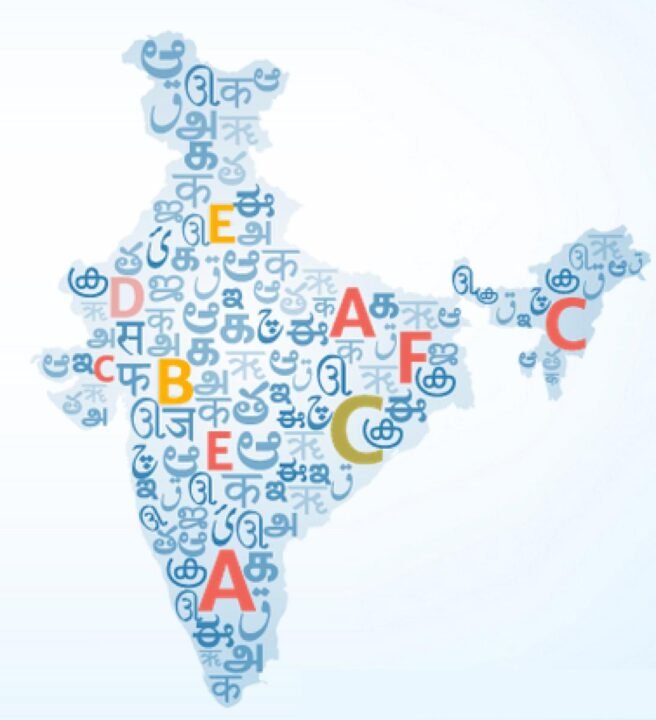By: Er. Prabhat Kishore
UNESCO has declared 21st February as International Mother Language Day to promote the dissemination of mother language and awareness of linguistic and cultural traditions around the world and to inspire solidarity based on understanding, tolerance and dialogue. It believes that education based on first language or mother language must begin from the early years as Early Child Care & Education is the foundation of learning.
Mother Language is usually the language which the child speaks at home with the family. Education in mother language refers to when a school integrates the child’s language into classroom and school lessons. Mother Language plays vital role in the overall development of personnel, social and cultural identity of the human beings. Language may be just a way to communicate with each other, but mother language is something that helps us to stay connected with our roots and unique culture. Young children learn and grasp more quickly when they are taught in the mother language, because when they develop their mother tongue they simultaneously foster other basic skills like literacy and critical thinking.
A strong mother language foundation equips the children with skills required to learn a second or additional language. Cognitive as well as intellectual development is relatively faster when a person is proficient in the mother language. The children learning in mother language feel comfortable in the school environment and learn faster. They have a better understanding of the curriculum and do not have to re-taught the skills learned when the child transfers to second language. Parent-child interaction increases as the parent assist in home-works easily. Knowing mother language boosts one’s confidence and increases self-esteem.
There is a long way to go before guaranteeing all children their right to education in their mother language. In most of the countries, the majority of learners are taught in a language other than their mother tongue, which compromises their ability to learn and understand effectively. Approximately 40% population of the world does not have access to an education in a language they speak, understand or communicate. In our country, the “Mother Language” is often neglected and actively suppressed on the name of globalization. The present education system has completely ignored the mother language as the medium of instruction in schools, especially in English medium schools. The teachers at the local level are also not so fluent in foreign languages. Neither they are able to transfer the required knowledge nor are the learners in a position to grasp it, resulting in knowledge deficit.
Children whose primary language is not the language of instruction in schools are more likely to drop out of school or fail in early grades. National Education Policy (NEP) 2020 has emphasised on its mandatory use in the education system at the foundational stage. Clause 4.11 of NEP 2020 states, “Wherever possible, the medium of instruction until at least Grade 5, but preferably till Grade 8 and beyond, will be the mother–tongue/ home language/local language/regional language. Thereafter, the home/local language shall continue to be taught as a language wherever possible. High quality textbooks, including in science, will be made available in home language/mother tongue. The teachers will be encouraged to use a bilingual approach, including bilingual teaching-learning materials, with those students studying whose home language may be different from the medium of instruction”.
In India, Matribhasha Diwas is celebrated every year in schools on this day to promote the use of mother tongue with the following objectives: (1) To highlight the unity among the linguistic diversity in our country, (2) To encourage usage, not only of the respective mother tongue but other Indian languages as well, (3) To understand diverse cultures, in India and the various forms of literature, craft, performing arts, scripts and other forms of creative expression.
Mother Tongue can be used as an effective tool for learning and developing holistic education and knowledge. The government should strictly implement the provision regarding use of Mother Language in all government and private schools of the country to safeguard the learning skills of children. (The author is a technocrat and educationist)







